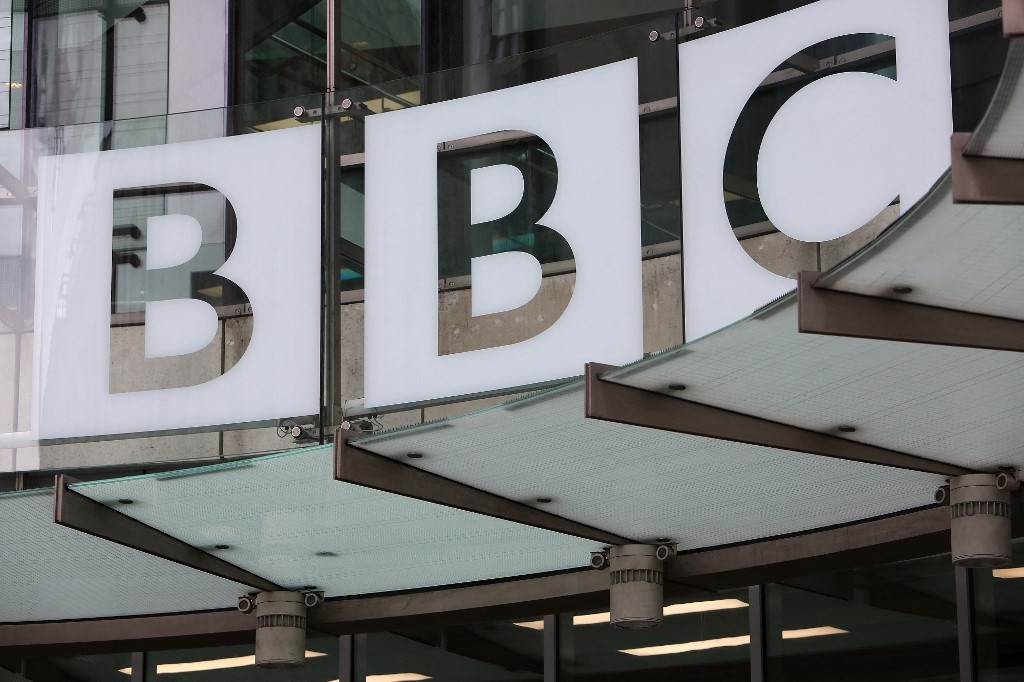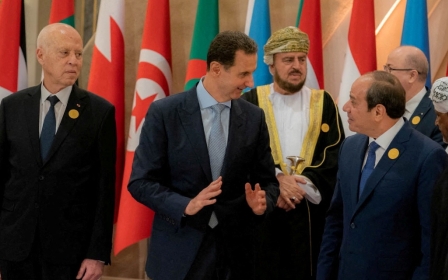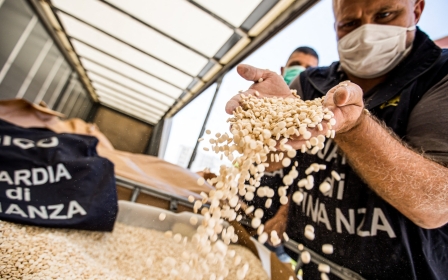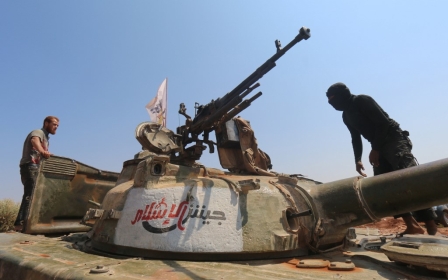Syria revokes accreditation of BBC journalists over 'politicised' coverage

Syria's information ministry said on Saturday that it had cancelled the accreditation of two local journalists working for Britain's BBC over what it said was "false" and "politicised" coverage, a rare move against an international media outlet in the war-torn country.
The accreditations of an unidentified correspondent and cameraman have been revoked following "subjective and false information and reports" on Syria, the information ministry said in a statement on its website. It described other BBC reports as "politicised."
Accreditation of the BBC Radio correspondent in Syria was also revoked, the ministry added.
The information ministry said that since Syria's war broke out in 2011, the BBC has "from time to time provided subjective and fake information and reports about the reality" in the country.
The conflict has killed more than 500,000 people, displaced millions and devastated much of the country's infrastructure and industry.
New MEE newsletter: Jerusalem Dispatch
Sign up to get the latest insights and analysis on Israel-Palestine, alongside Turkey Unpacked and other MEE newsletters
The BBC was warned "more than once" but "continued to broadcast its misleading reports based on statements… from terrorist entities and those hostile to Syria", the ministry added.
A BBC spokesperson told Middle East Eye: "BBC News Arabic provides impartial independent journalism for our audiences. We speak to people across the political spectrum to establish the facts.
"We will continue to provide impartial news and information to our audiences across the Arabic-speaking world."
Revoking the accreditation of international media representatives is rare for Damascus, where the few remaining foreign media outlets have locally based correspondents.
Many foreign journalists quit the country as the war spiralled, pulling in foreign powers and global jihadists.
Captagon trade
Syria ranks 175 out of 180 on a press freedom index compiled by Reporters Without Borders. The government and other authorities impose strict limits on media coverage and require accreditations and permissions to report.
The BBC published a report last month on what it said were "direct links" between the trade of an amphetamine known as Captagon and the family of President Bashar al-Assad, as well as the Syrian military.
Syria has denied playing a role in the Captagon trade.
The United States, Britain and the European Union have blamed Syria's government for the production and export of the drug, naming Maher al-Assad - the head of the army's Fourth Division and the president's brother - as a key figure.
Middle East Eye delivers independent and unrivalled coverage and analysis of the Middle East, North Africa and beyond. To learn more about republishing this content and the associated fees, please fill out this form. More about MEE can be found here.




